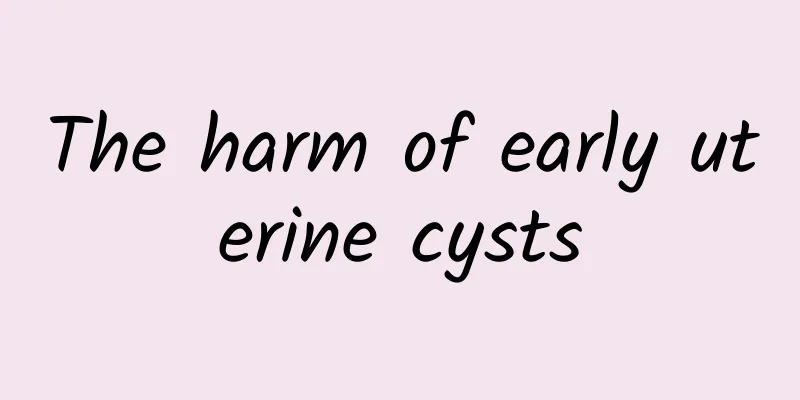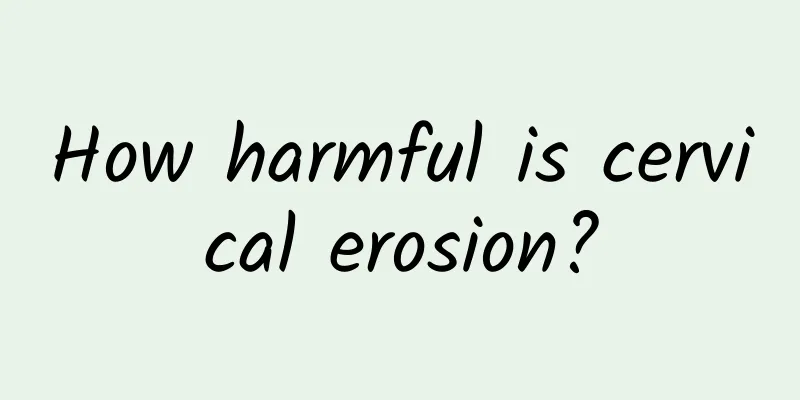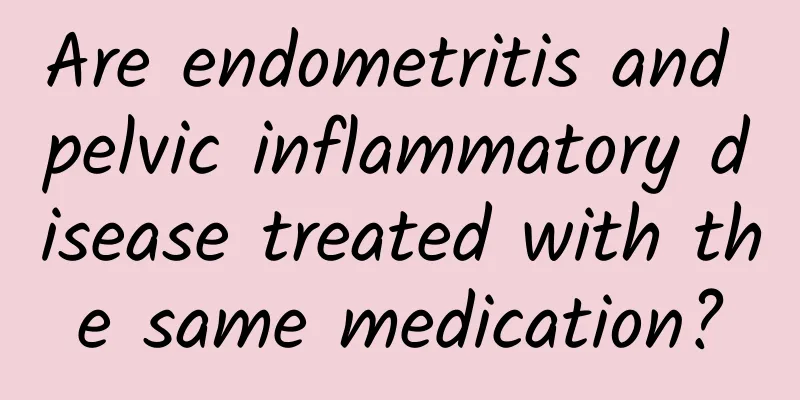The harm of early uterine cysts

|
Early uterine cysts usually pose little direct harm to the body, but if not treated in time, they may cause menstrual abnormalities, infertility and other problems, and need to be discovered and managed as early as possible. Common hazards include menstrual disorders, chronic pain and potential risks of deterioration, which can be prevented through regular physical examinations, a proper diet and timely symptomatic treatment. 1. Impact of abnormal menstruation Early uterine cysts may interfere with the menstrual cycle. For example, some women may experience menstrual cycle disorders, increased menstrual flow or prolonged menstruation. This is mainly because the cysts exert certain pressure on the uterine tissue or affect the endocrine function. If the symptoms are mild, you can try to adjust your lifestyle, such as maintaining a regular schedule and avoiding excessive stress. If there are severe menstrual abnormalities for a long time, you should seek medical attention in time, and use B-ultrasound to assess the size and nature of the cyst. If necessary, you can consider medication, such as oral contraceptives to regulate the hormone balance in the body. 2. May cause chronic pain Some cysts may cause lower abdominal pain or back discomfort due to local compression or inflammation, especially before and after menstruation, which may worsen the pain. If pain occurs, hot compresses can relieve local pain, or anti-inflammatory drugs such as ibuprofen can be used to control discomfort in the short term. However, if the pain is severe or accompanied by abnormal bleeding, you should be highly alert to whether the cyst has a disease and seek medical attention in time to check for the possibility of uterine cavity infection. 3. Affect fertility Long-term untreated uterine cysts may cause changes in the uterine cavity environment. Some women may face endometrial lesions or fallopian tube compression, which may hinder the implantation of the fertilized egg and affect conception. For women who are planning to get pregnant, regular gynecological examinations are recommended, and targeted treatment should be taken according to the nature of the cyst. Treatment methods include hormonal drugs to inhibit cyst growth, hysteroscopic surgery to remove the cyst, or physical therapy such as radiofrequency ablation. After surgery, the doctor may recommend that the patient consume high-protein foods to promote recovery, and be careful to avoid heavy physical labor. 4 Potentially harmful risks Although most uterine cysts are benign, in a few cases they may gradually deteriorate into uterine fibroids or malignant tumors. If the cyst increases significantly in a short period of time, has an abnormal shape, or is accompanied by pelvic effusion, you need to pay close attention. Doctors usually take more in-depth examinations such as MRI or biopsy to further clarify the diagnosis. Regular gynecological examinations are an important means of preventing and managing uterine cysts. Especially when symptoms persist or gradually worsen, you should consult a professional in time to avoid further escalation of potential risks and protect your own health. |
<<: What causes endometriosis?
>>: Vaginal bleeding after abortion
Recommend
Can I get pregnant with bilateral polycystic ovaries?
Polycystic ovary pregnancy is actually divided in...
Can endometrial thickening be completely cured?
Endometrial thickening is a common gynecological ...
How much does a painless abortion cost in Beijing?
It may be a good thing for a girl to get pregnant...
What are the treatments for vaginitis?
What are the treatments for vaginitis? The treatm...
Which department should I go to for examination of anterior uterine wall fibroids? Is anterior uterine wall adenomyosis serious?
Which department should I go to for examination o...
The most common clinical symptoms of pelvic inflammatory disease
Gynecological inflammation is common among women,...
What are the causes of ectopic pregnancy?
What are the causes of ectopic pregnancy? Ectopic...
How to use medicine to treat cervical erosion in women? 6 principles of using medicine to treat cervical erosion in women
In life, women do not need to panic when they suf...
What are the symptoms of cervical warts in the early stage of the disease?
Since cervical warts are one of the most common s...
What are the reasons for delayed menstruation?
Delayed menstruation may be caused by normal phen...
What happens if you have an ovarian cyst?
Ovarian cysts are one of the common tumors of the...
Can I detect it after medical abortion?
Some patients feel that pregnancy is a difficult ...
How big should uterine fibroids be removed?
If women suffer from uterine fibroids, it will ha...
The three treasures of Taitung grains: millet, tree beans, and Taiwan quinoa
Northeast China has the "Three Treasures&quo...
Is the ketogenic diet right? Is the ketogenic diet suitable for you? Medical doctor reveals: 7 advantages and disadvantages of ketogenic diet
If you eat the wrong food, you will get sick! Som...





![[Video version] G.E.M. reveals her lazy breakfast, replacing rice with oatmeal to lose 7 kg a year? Nutritionist says...](/upload/images/67dcfcd9c2c73.webp)



